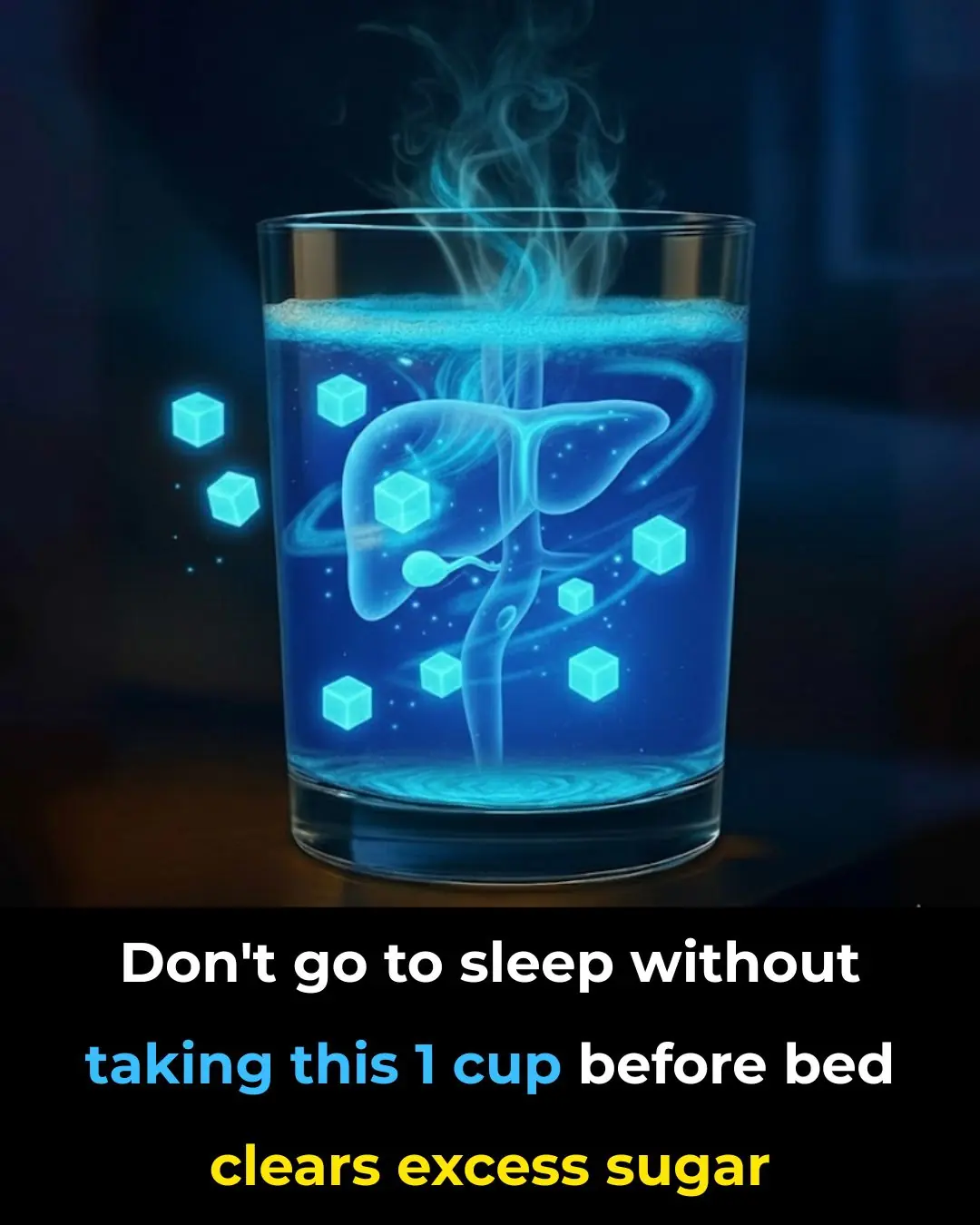
If you have high blood pressure, NEVER do this in the morning
Starting your day right is one of the most important steps toward controlling high blood pressure. The little things you do in the morning — what you eat, drink, or even think — can have a surprisingly big impact on your heart health. Many people don’t realize that small, seemingly harmless habits can gradually raise their blood pressure and make medication less effective.
In this article, Dr. João Sorio, an endocrinologist, explains nine common morning mistakes that people with high blood pressure often make and offers practical, science-based tips to keep your blood pressure under control and your heart strong.
1️⃣ Don’t Stop Your Medication Just Because Your Numbers Look Good
Imagine waking up, checking your blood pressure, and seeing a perfect 120/80 reading. You might think, “Great — maybe I don’t need my pills today.” It’s a common mistake. But that normal reading likely exists because you’ve been taking your medication regularly.
High blood pressure treatment is not about one reading — it’s about long-term stability. Stopping your medication, even for a single day, can cause your pressure to rebound and fluctuate, putting stress on your heart and arteries.
If you feel dizzy, lightheaded, or unusually tired, don’t adjust your medication on your own. Those could be signs that your dosage needs review, not a signal to quit treatment. Always discuss symptoms and concerns with your doctor before making changes. Consistency is key in managing hypertension safely.
2️⃣ Be Careful With Certain Teas

Tea might seem like a healthy choice in the morning, but not all teas are blood pressure–friendly. Green tea, black tea, ginger tea, and mate tea contain natural stimulants that can raise blood pressure temporarily. For people sensitive to caffeine or with uncontrolled hypertension, this effect can be significant.
On the other hand, teas such as hibiscus, horsetail, and lemon balm may lower blood pressure slightly. While that might sound helpful, mixing these with prescription medications can cause your blood pressure to drop too low, leaving you dizzy or weak.
The safest approach? Ask your doctor before adding new herbal teas or supplements. Natural doesn’t always mean harmless, especially when combined with prescription medications. A short conversation with your healthcare provider can prevent serious complications.
3️⃣ Don’t Assume You’re Fine Just Because You Have No Symptoms
High blood pressure is often called the “silent killer” for a reason — it rarely causes noticeable symptoms until it has already done damage to organs such as your heart, kidneys, or eyes. Many people say, “I feel fine, so my pressure must be fine,” but this false sense of security can be dangerous.
Even a reading of 140/90 or higher is enough to harm your body over time. Here’s a quick reference:
| Category | Systolic (Top) | Diastolic (Bottom) |
|---|---|---|
| Normal | <120 | <80 |
| Elevated | 120–129 | <80 |
| Hypertension Stage 1 | 130–139 | 80–89 |
| Hypertension Stage 2 | ≥140 | ≥90 |
| Hypertensive Crisis | >180 | >120 |
When your blood pressure begins to normalize with treatment, you might feel dizzy or lightheaded at first — but that’s your body adjusting to healthier levels. Don’t mistake temporary discomfort for a problem. With time, your system will adapt, and those feelings will pass.
4️⃣ Be Cautious With Over-the-Counter Medications
Pain relievers like ibuprofen, naproxen, and diclofenac are easy to find — and easy to misuse. These nonsteroidal anti-inflammatory drugs (NSAIDs) can cause your body to retain sodium and water, raising your blood pressure and reducing the effectiveness of your prescription medication.
Even short-term use can have an effect. Studies show that taking NSAIDs for just five consecutive days can alter your blood pressure levels. Whenever possible, discuss alternatives with your doctor or pharmacist, especially if you need pain relief frequently.
5️⃣ Watch Your Breakfast Choices
Breakfast sets the tone for your day, but it’s also where many people consume a surprising amount of sodium without realizing it. Common breakfast staples like bacon, ham, sausage, cheese, and deli meats are loaded with salt. Even “healthy” options like turkey breast or processed spreads can contain hidden sodium that spikes your intake.
The World Health Organization recommends limiting salt to 5 grams per day (about one teaspoon), equivalent to 2 grams of sodium. However, most people consume more than double that amount daily.
Try replacing processed foods with fresh alternatives: oatmeal with fruit, boiled eggs, unsalted nuts, or yogurt with seeds. Making small adjustments in your breakfast routine can drastically improve your blood pressure control over time.
6️⃣ Get Enough Quality Sleep
Sleep is more than rest — it’s a vital part of blood pressure regulation. When you don’t get enough sleep, stress hormones like cortisol stay elevated, tightening blood vessels and raising blood pressure.
Most adults need 6 to 8 hours of sleep each night, but quality matters as much as quantity. Sleep disorders such as obstructive sleep apnea are common among people with hypertension. If you snore heavily or wake up gasping for air, ask your doctor about a sleep study. Treating sleep apnea can significantly improve your blood pressure management.
Think of sleep as nightly maintenance for your cardiovascular system — skip it too often, and the system breaks down.
7️⃣ Understand the Underlying Cause of Your High Blood Pressure
Not all high blood pressure has the same cause. In some people, it’s triggered by hormonal imbalances, such as thyroid disorders or excess cortisol production.
For example, hyperthyroidism (overactive thyroid) can make blood pressure difficult to control, while hypothyroidism (underactive thyroid) can cause vessel stiffness, also increasing pressure. Similarly, excessive cortisol (as seen in Cushing’s syndrome) can raise blood pressure and lead to weight gain, high blood sugar, and muscle weakness.
Identifying and treating the underlying cause can make a huge difference. If your blood pressure remains high despite medication, ask your doctor to investigate secondary causes — especially if you have symptoms like fatigue, weight changes, or mood swings.
8️⃣ Measure Your Blood Pressure Correctly and Consistently
Monitoring your blood pressure is essential — but how and when you do it matters. Measuring too often can create anxiety, while neglecting to check it at all leaves you in the dark.
Try to measure at the same times each day (for example, once in the morning and once at night), after sitting calmly for at least five minutes. Avoid caffeine, exercise, or smoking 30 minutes beforehand.
Always record your readings with the date, time, and heart rate. Over time, this log will help your doctor see patterns and make better treatment decisions. Consistency, not obsession, is the goal.
9️⃣ Be Mindful of Your Coffee Intake

Good news: coffee isn’t automatically bad for people with high blood pressure. Moderate coffee consumption — up to 3 or 4 small cups per day — may even protect against certain heart conditions.
However, more than eight servings a day can increase your risk of arrhythmia (irregular heartbeat) and raise blood pressure temporarily. Everyone reacts differently to caffeine, so pay attention to how your body responds. If coffee makes you jittery, anxious, or causes your heart to race, it’s best to cut back.
Remember, moderation is everything. You can still enjoy your morning coffee — just don’t let it become your main source of energy.
🌅 Final Thoughts
Managing high blood pressure isn’t just about taking medication — it’s about daily awareness and smart choices. Your mornings set the tone for the rest of the day. By avoiding these common mistakes — skipping meds, eating salty breakfasts, or losing sleep — you can take meaningful control of your health.
Small, consistent changes truly add up. Listen to your body, stay in touch with your doctor, and make each morning an opportunity to protect your heart and improve your well-being.
News in the same category

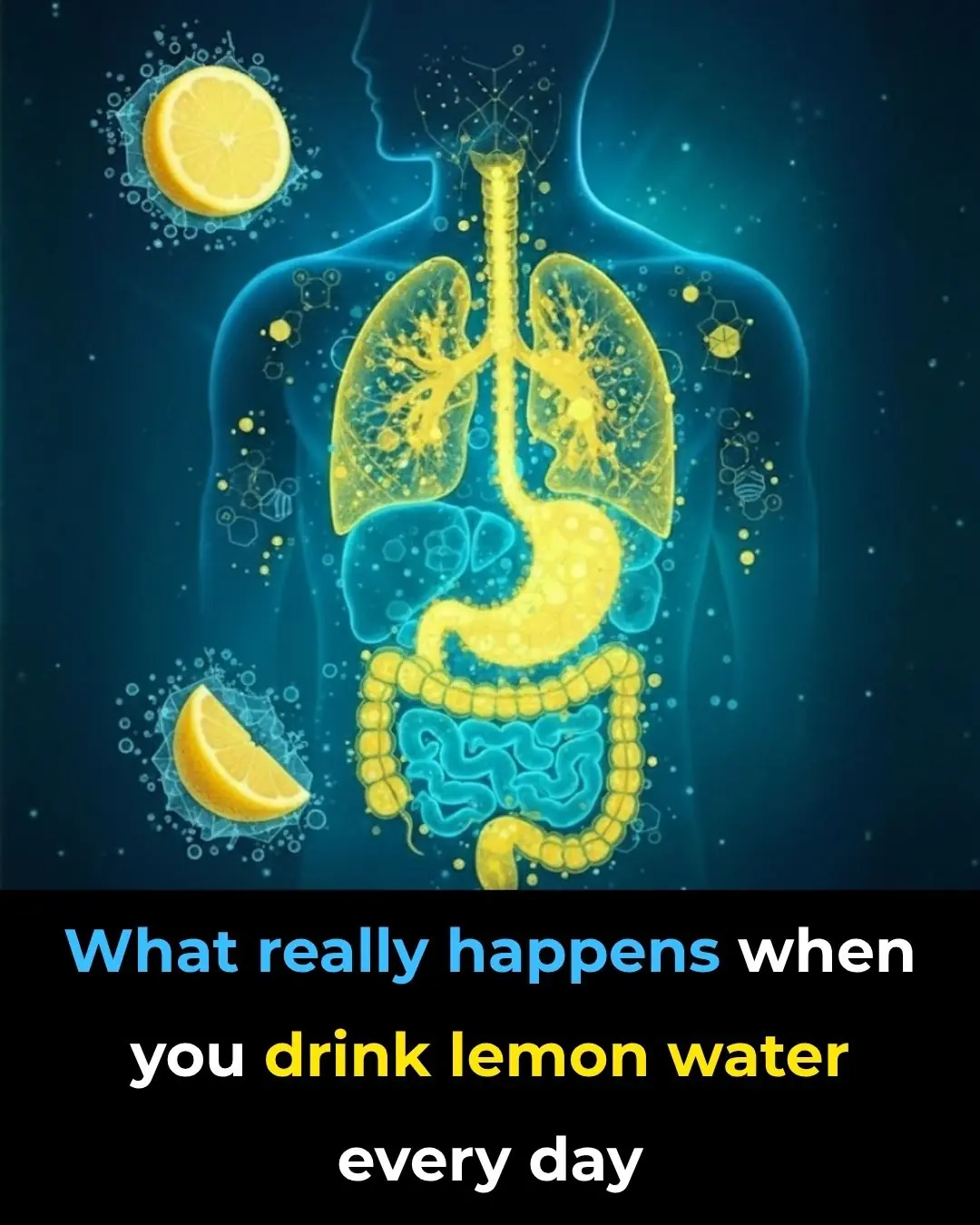
The Real Reason To Drink Lemon Water Revealed
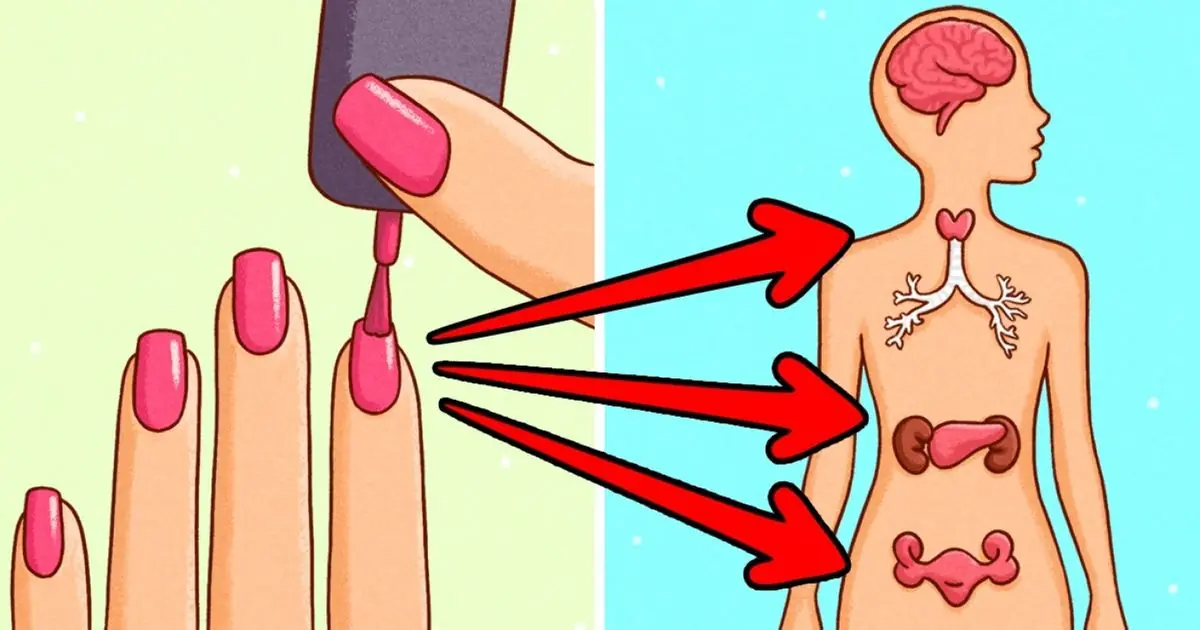
This Is What Happens to Your Body 10 Hours After Putting on Nail Polish
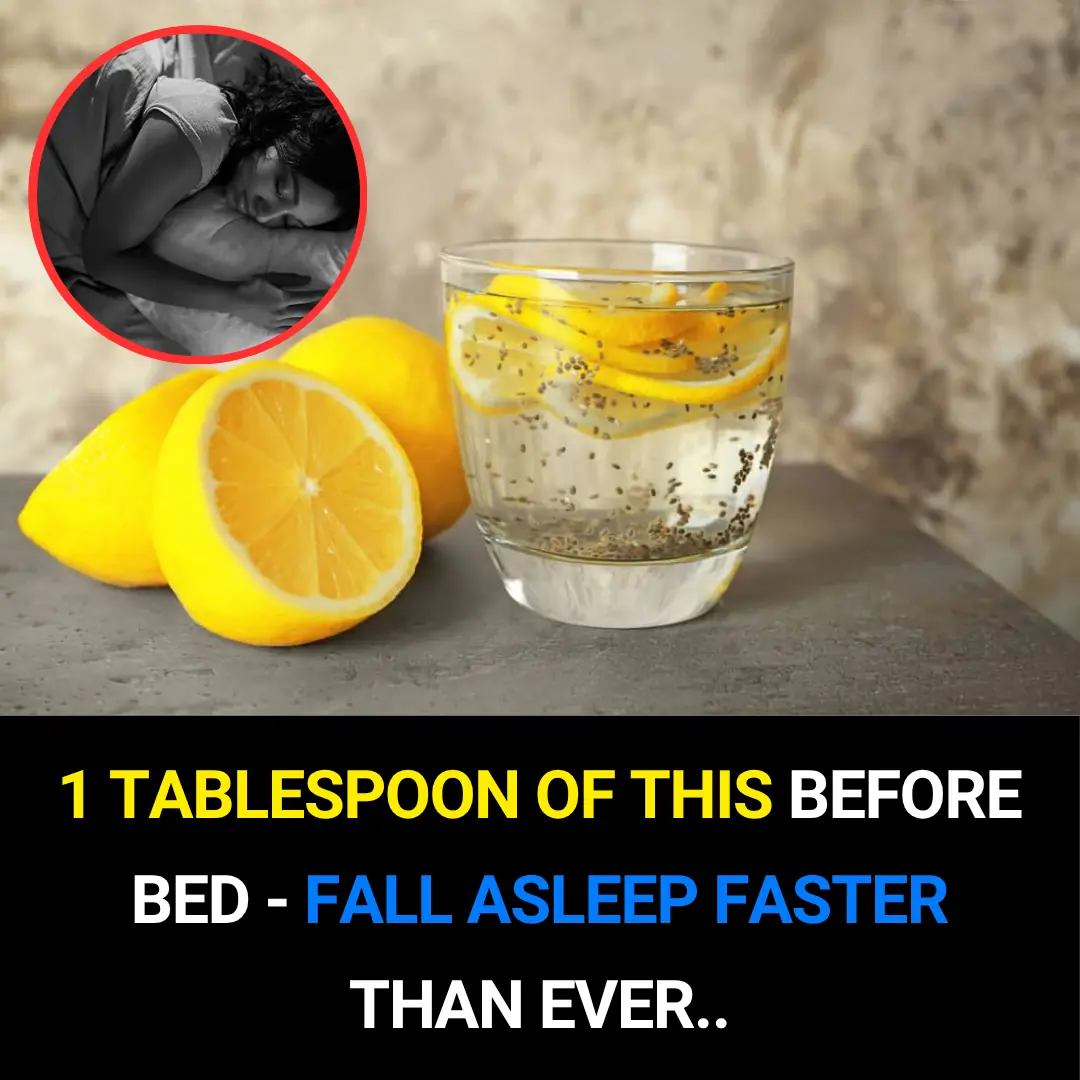
1 Tablespoon of This Before Bed—Fall Asleep Faster Than Ever!
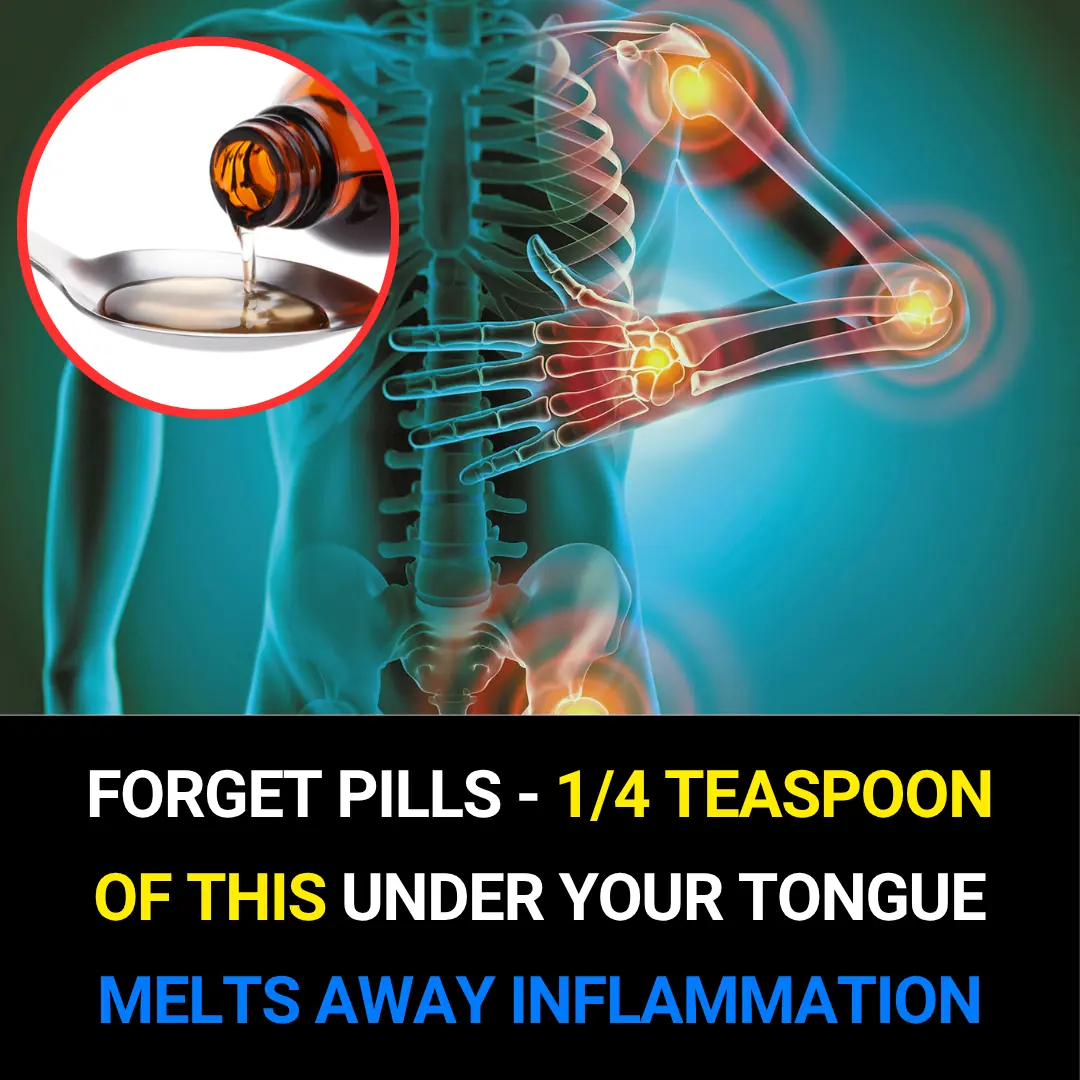
Forget Pills! Just 1/4 Tsp of This Under Your Tongue Melts Away Inflammation

Top 8 Kinds of Fish You Should Never Eat
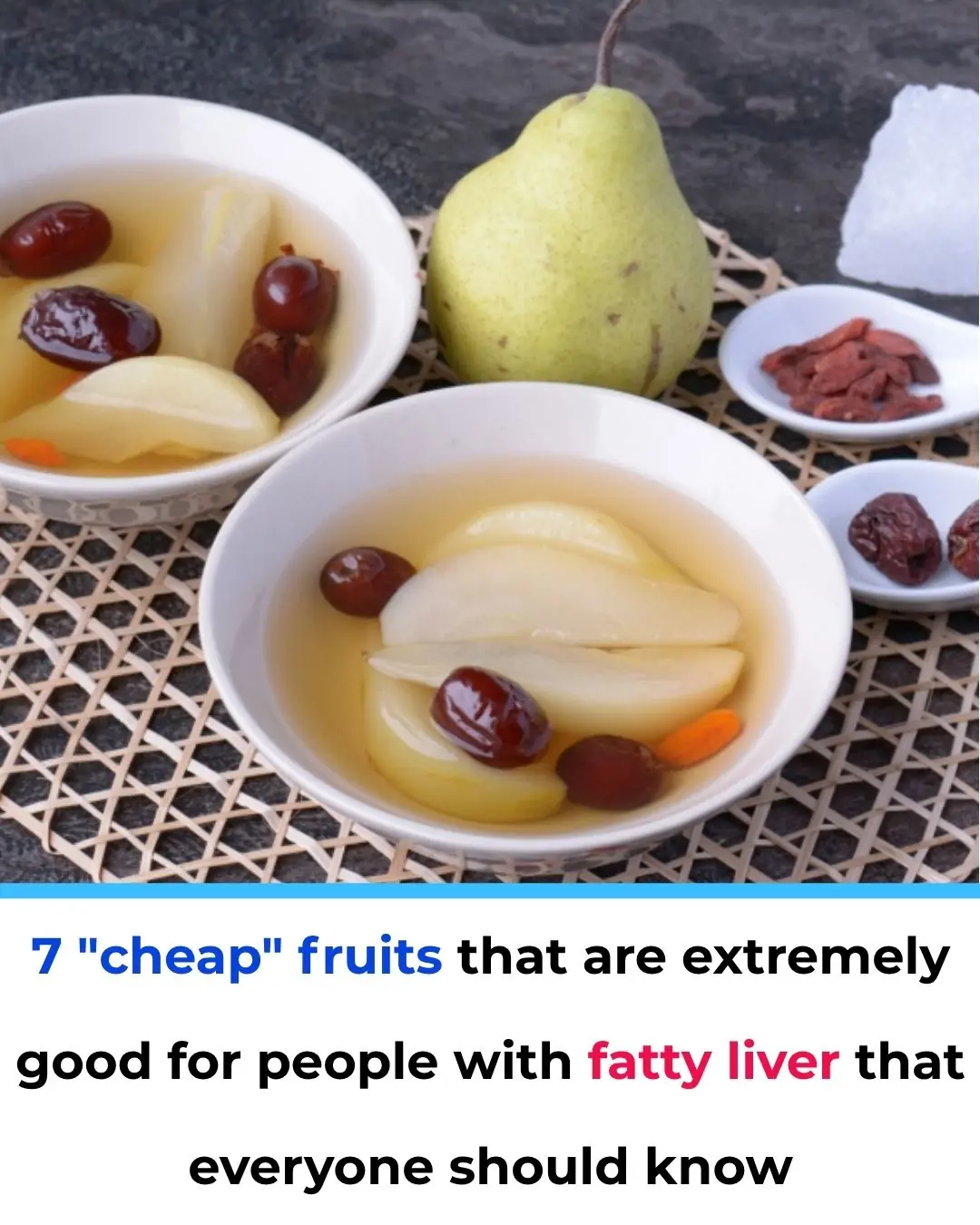
7 "cheap" fruits that are extremely good for people with fatty liver that everyone should know
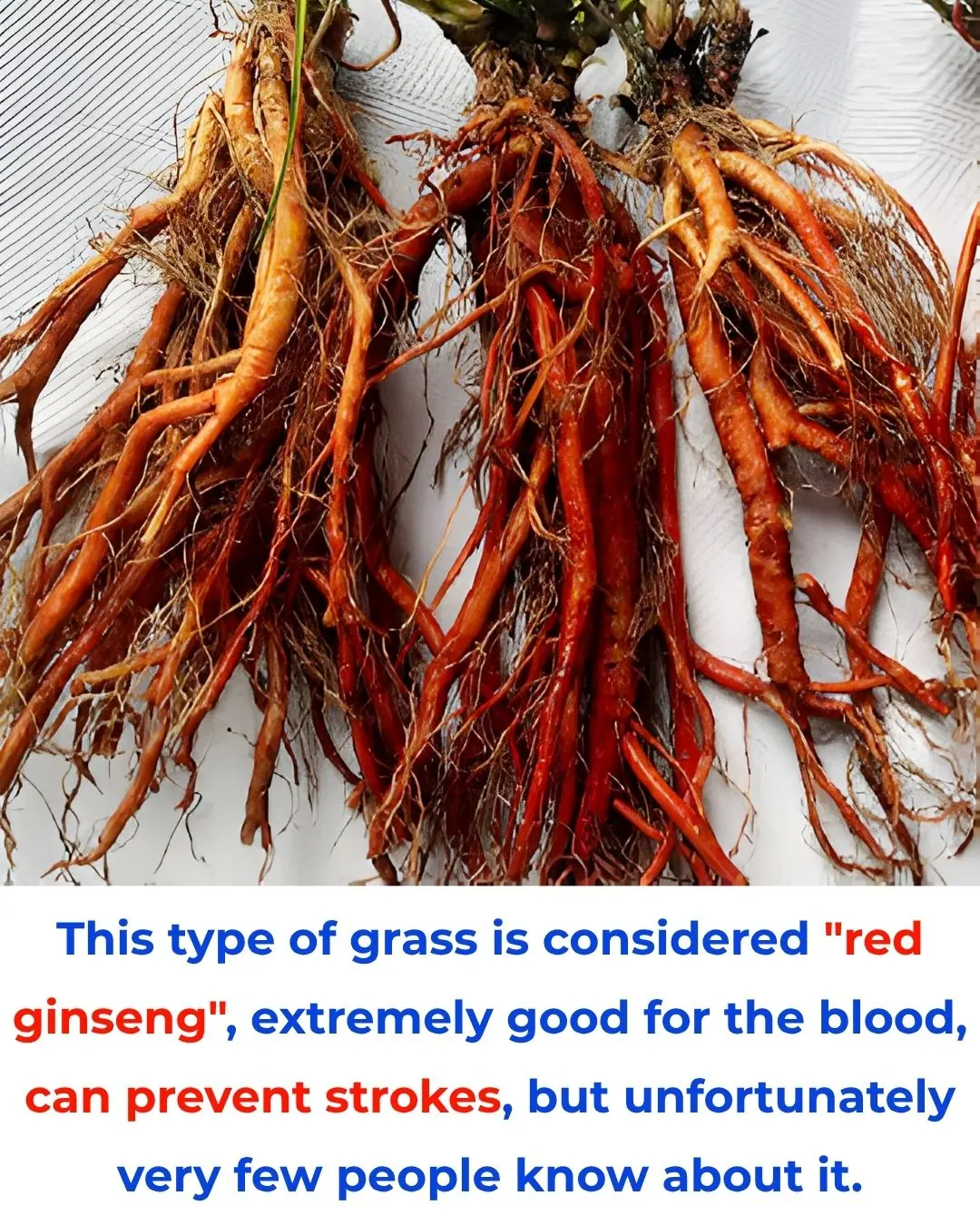
This type of grass is considered "red ginseng", extremely good for the blood, can prevent strokes, but unfortunately very few people know about it
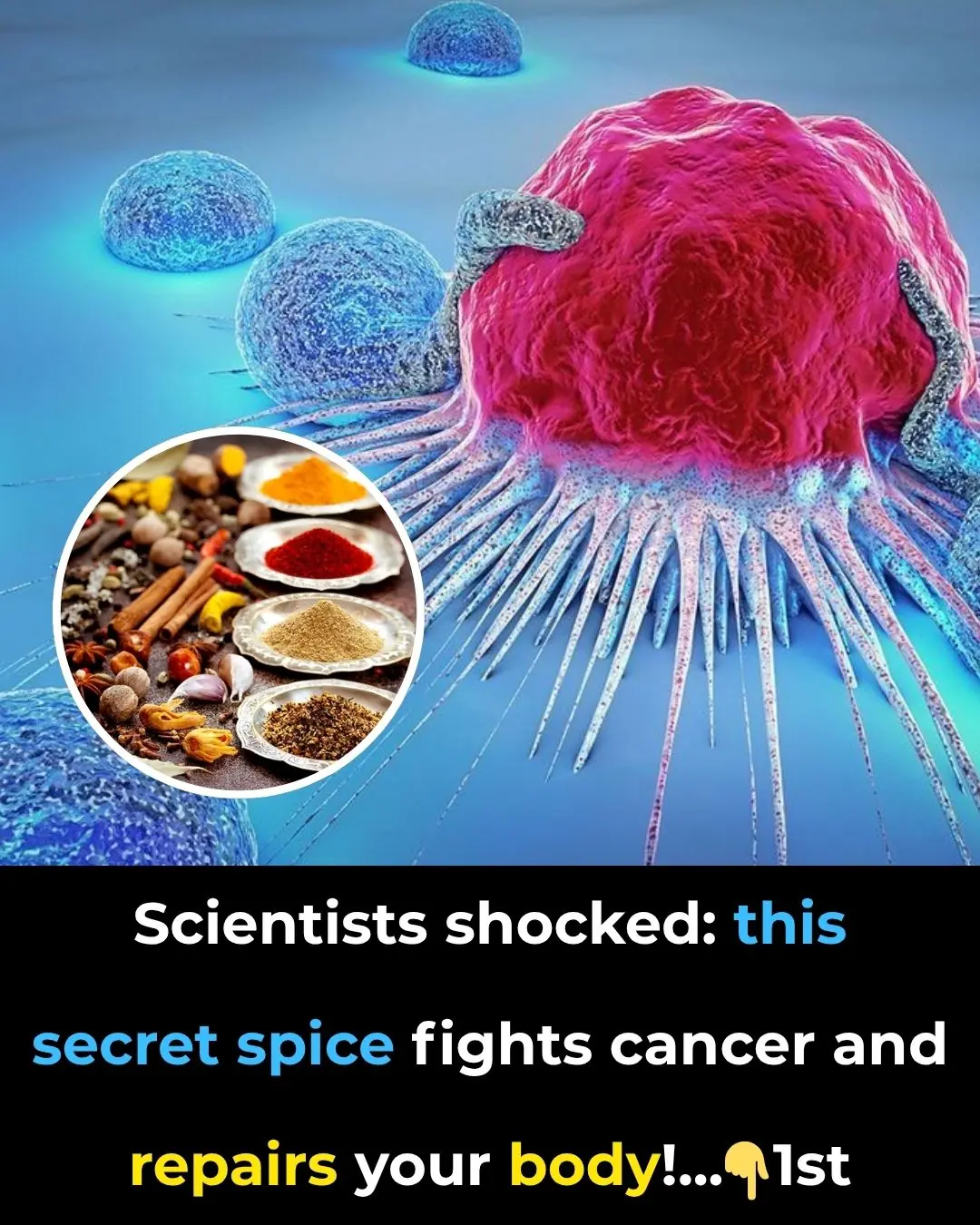
Scientists shocked: this secret spice fights cancer and repairs your body!
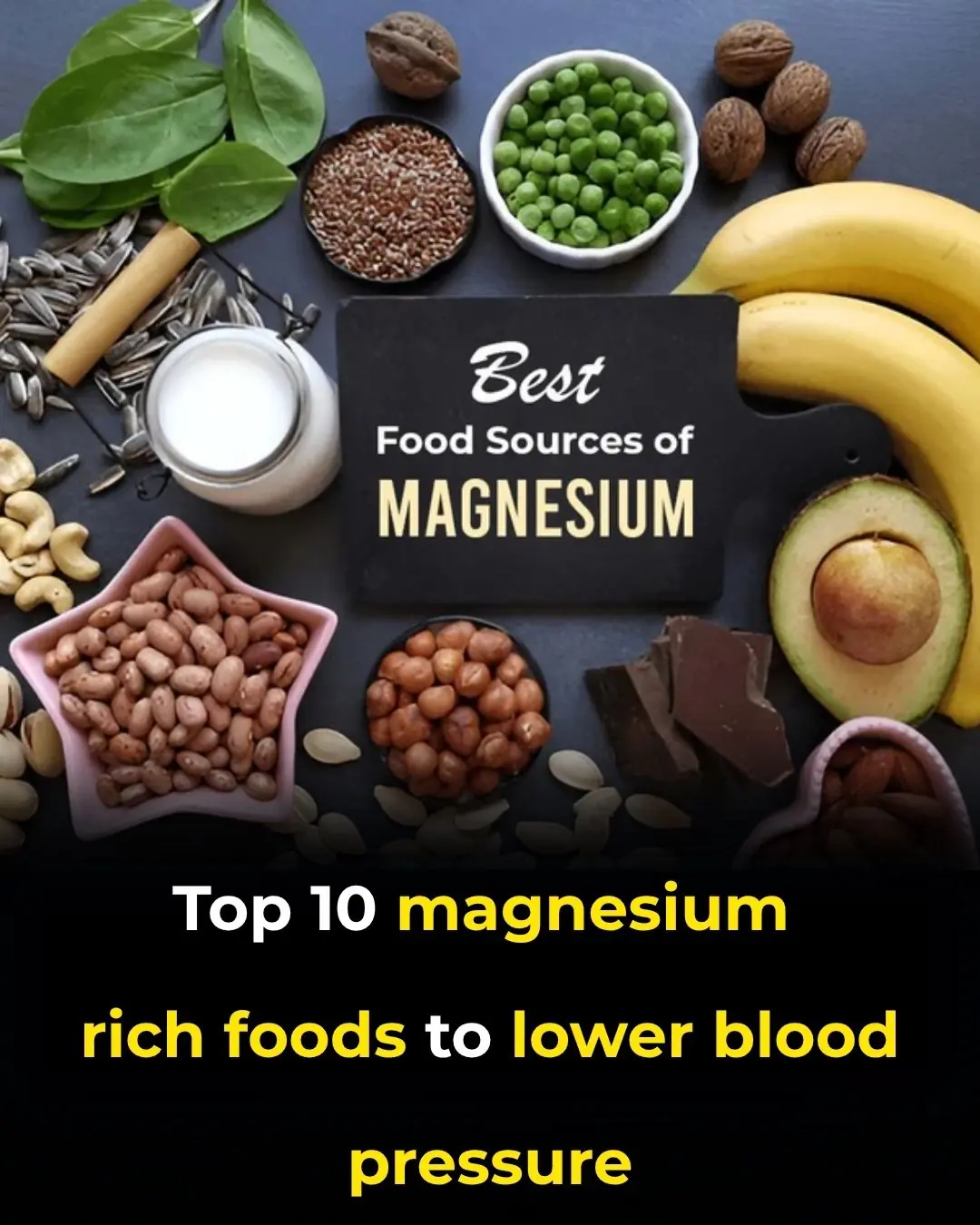
Top 10 Magnesium Rich Foods To Lower Blood Pressure
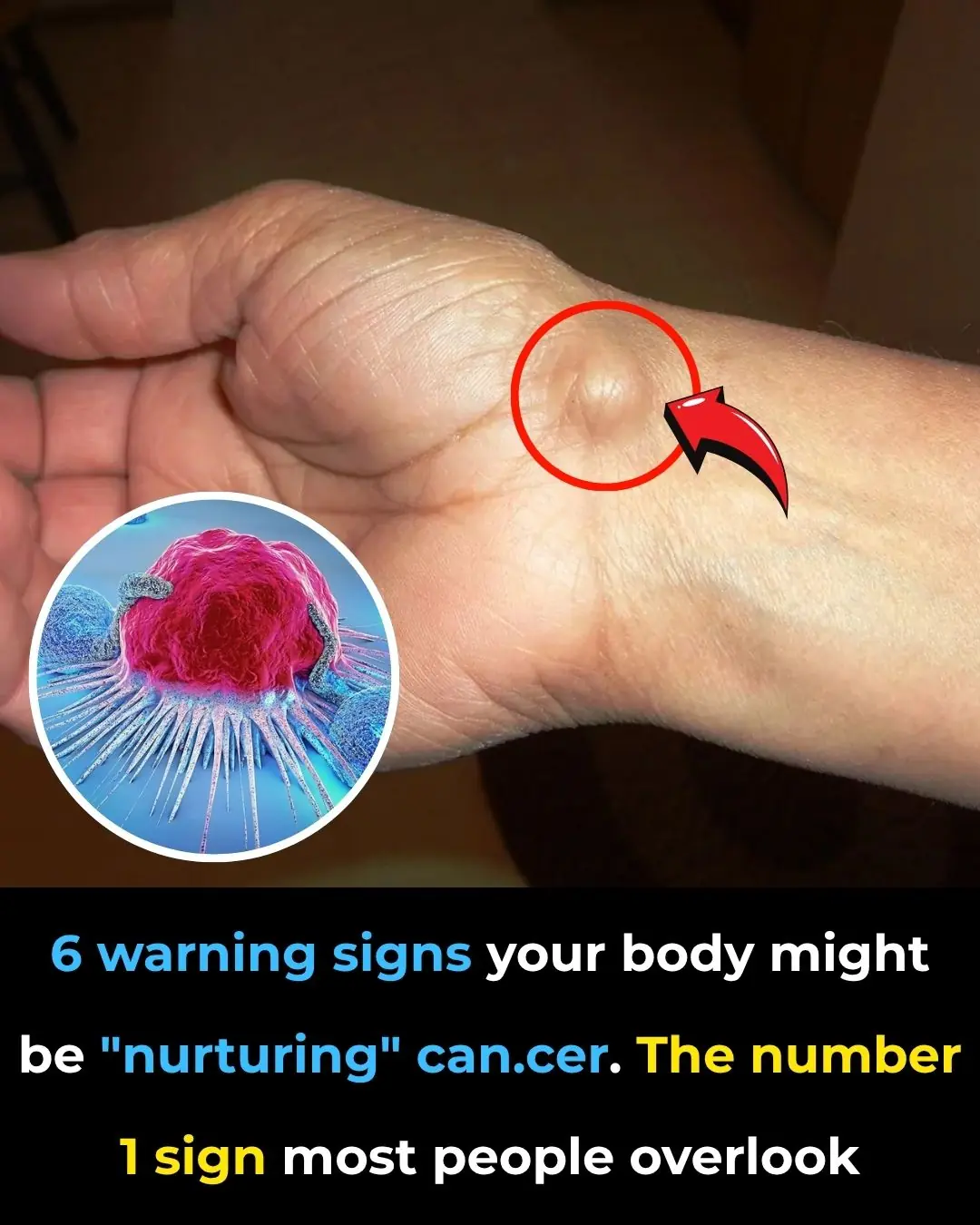
6 Warning Signs Your Body May Be “Nurturing” Can-cer
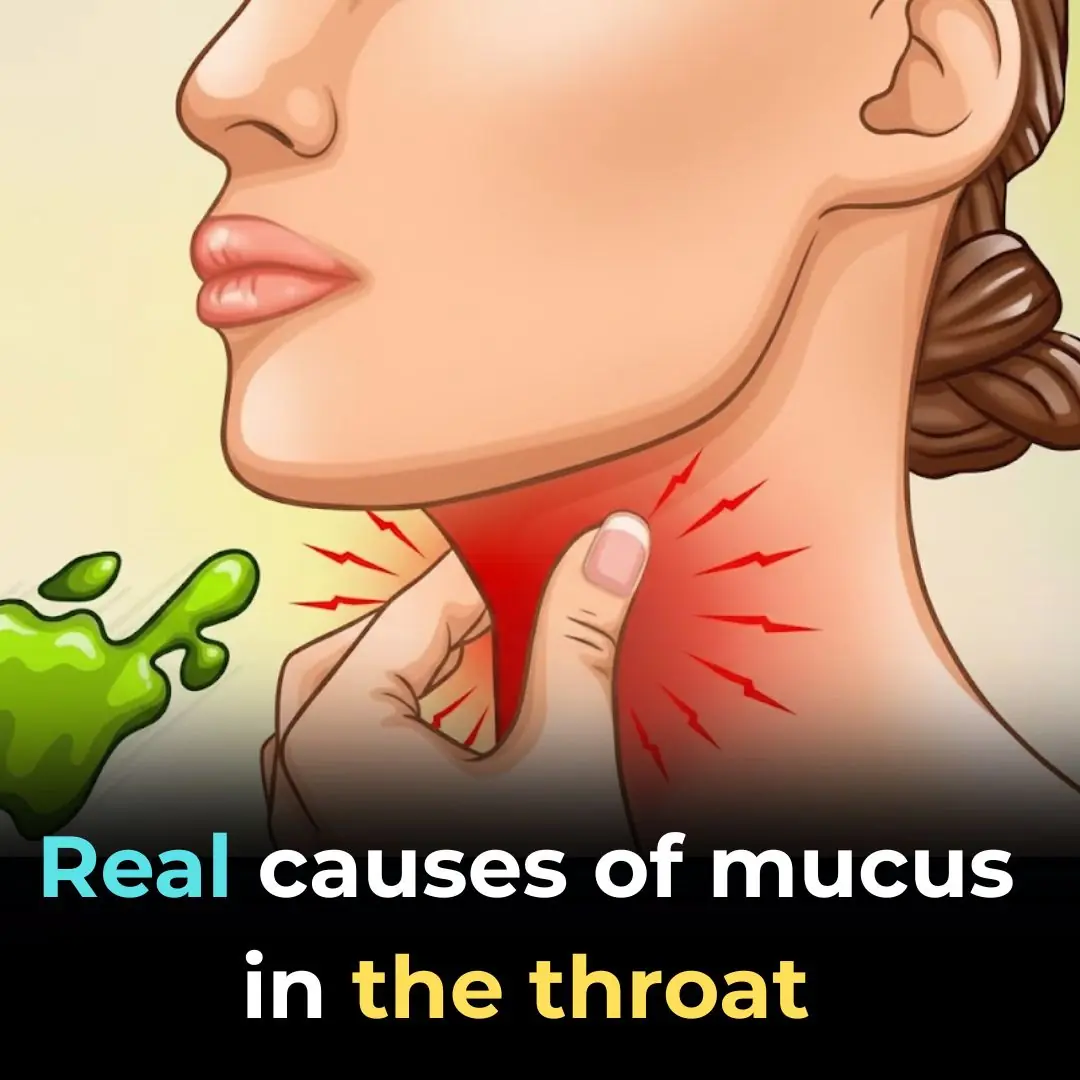
🤢 The Real Causes of Constant Phlegm & Mucus in Throat — And How to Find Relief
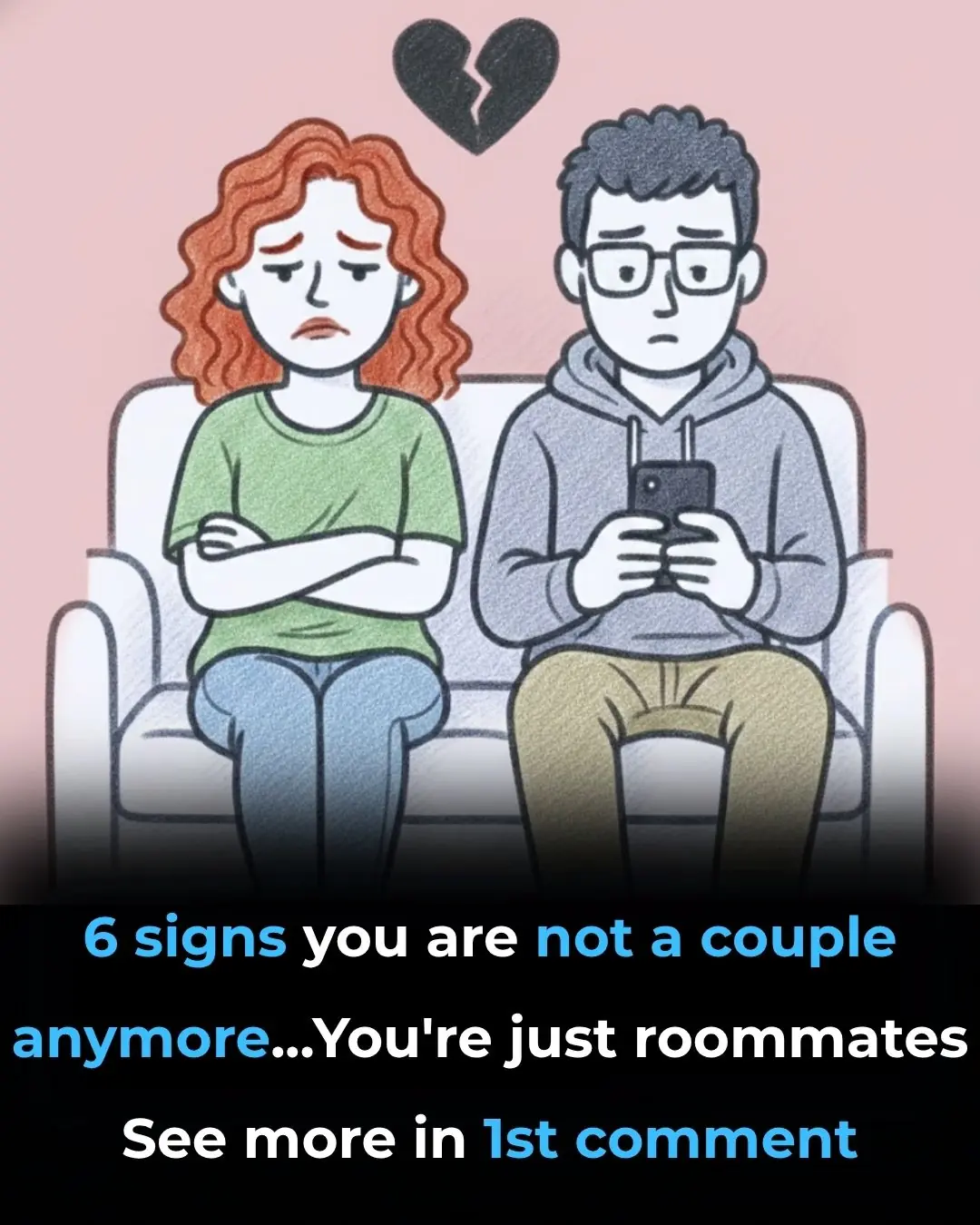
6 Signs You’re in the “Roommate Phase”
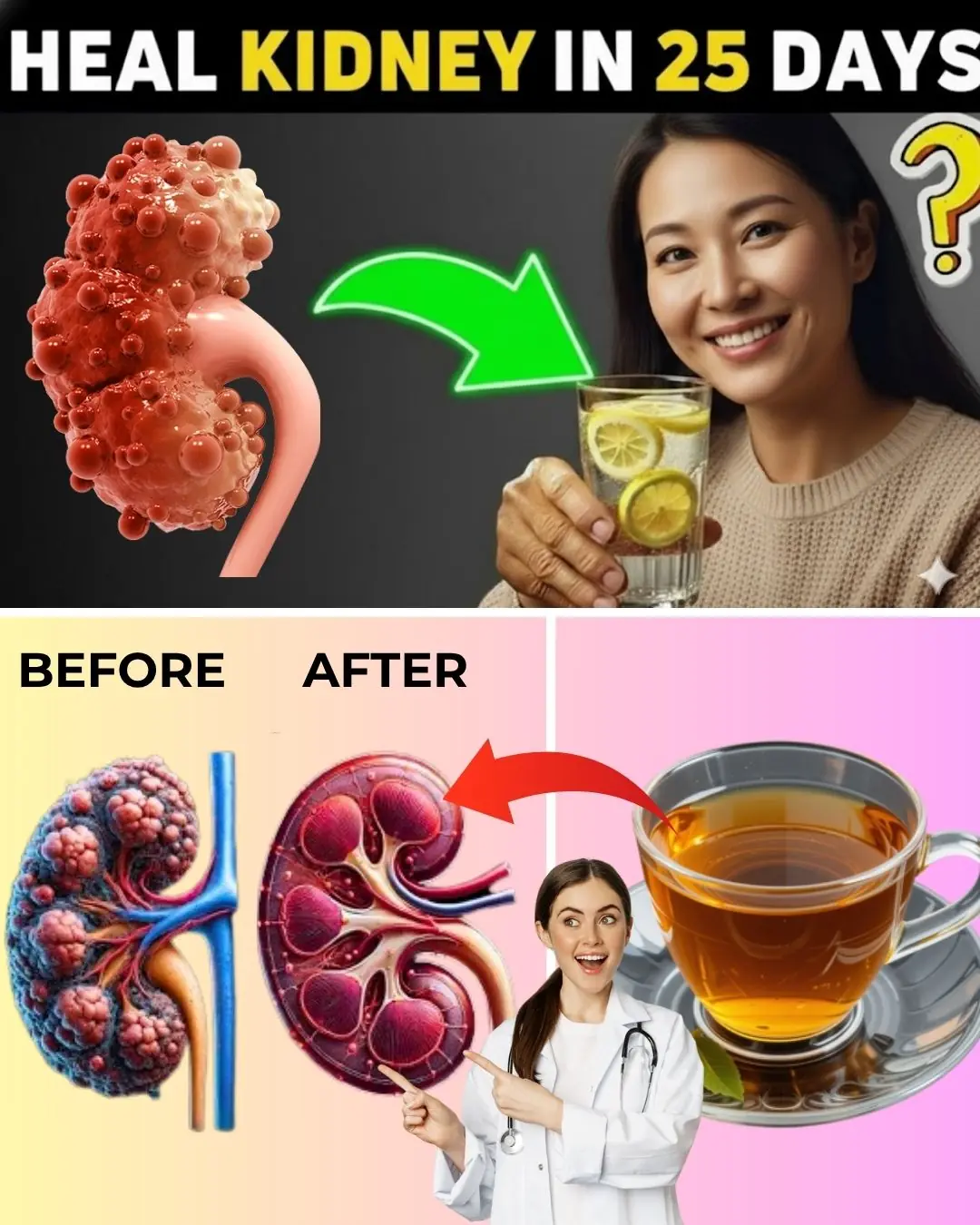
💧 6 Natural Beverages to Keep Your Kidneys Healthy
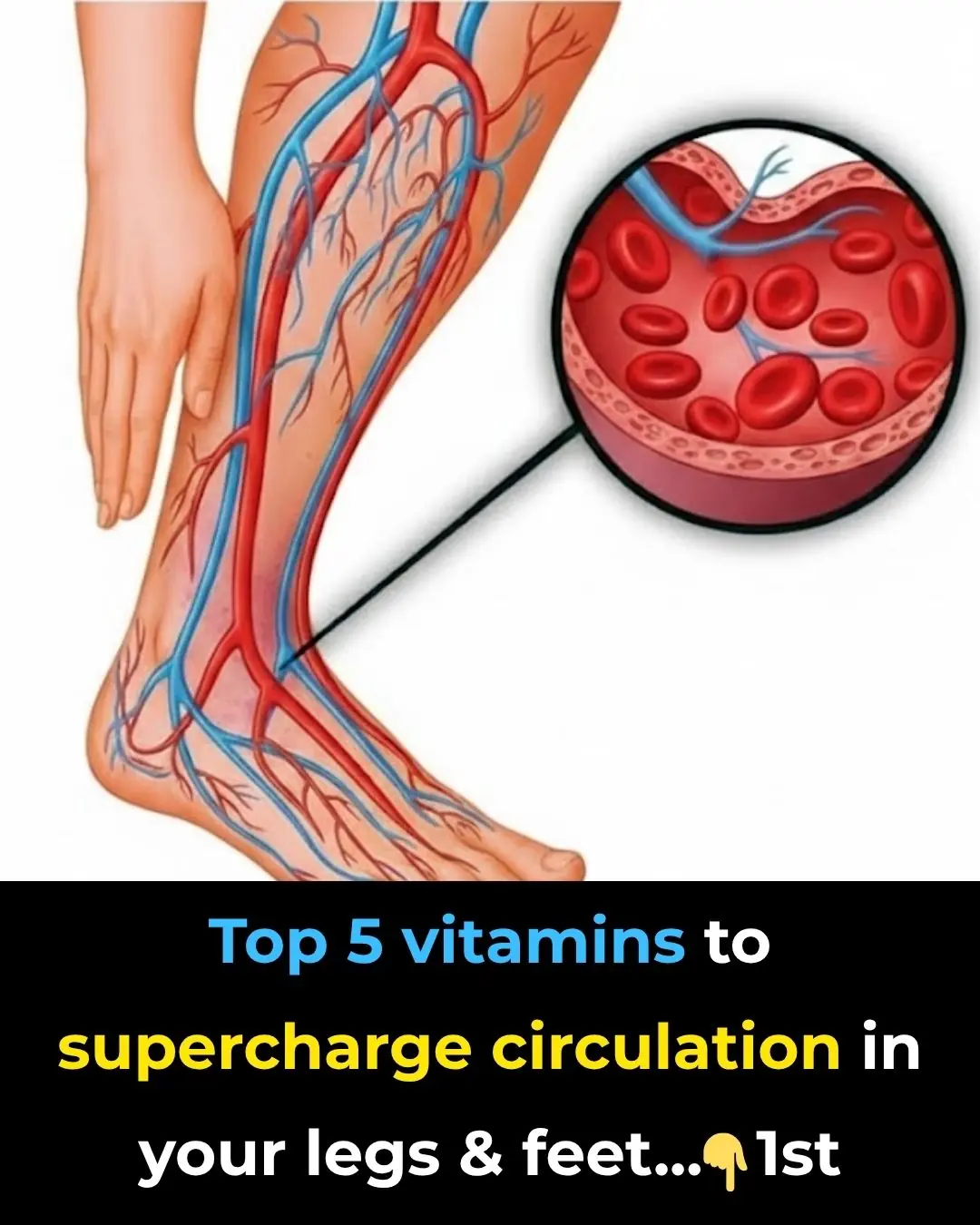
Top 5 vitamins to supercharge circulation in your legs & feet
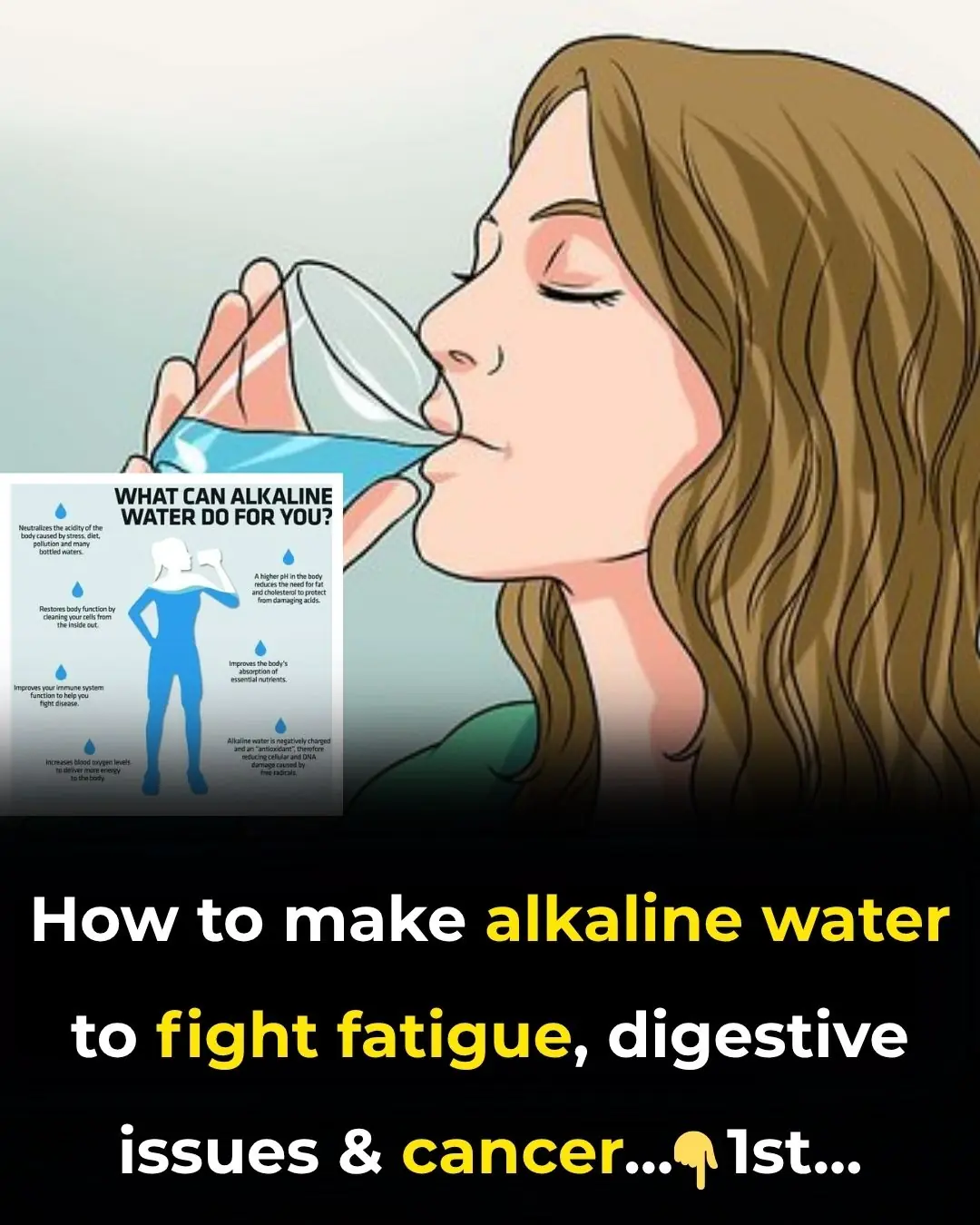
How To Make Alkaline Water To Fight Fatigue, Digestive Issues And Cancer
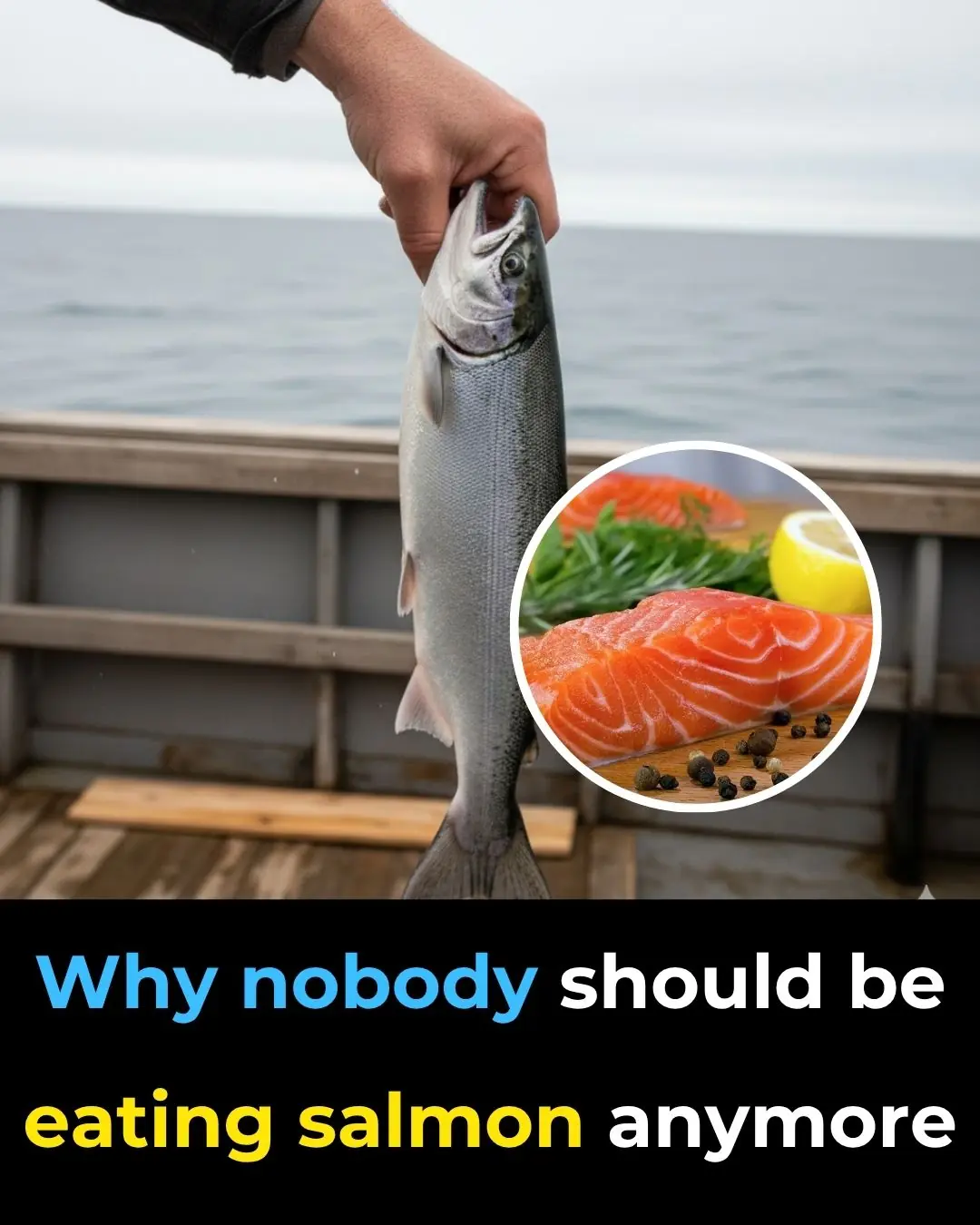
Why Nobody Should Be Eating Salmon Anymore
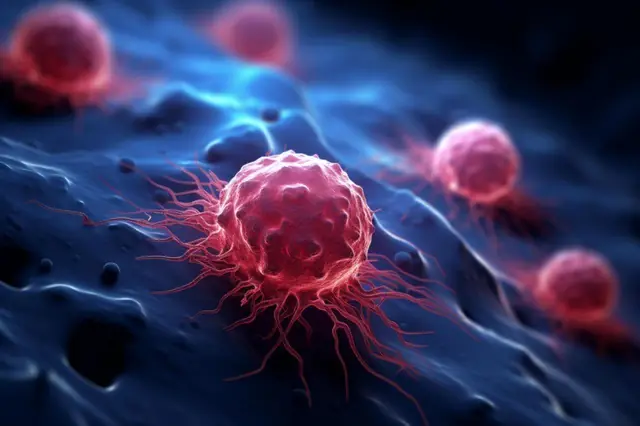
New Research Finds a Way to Treat Late-Stage Cancer—Bringing Hope to Millions
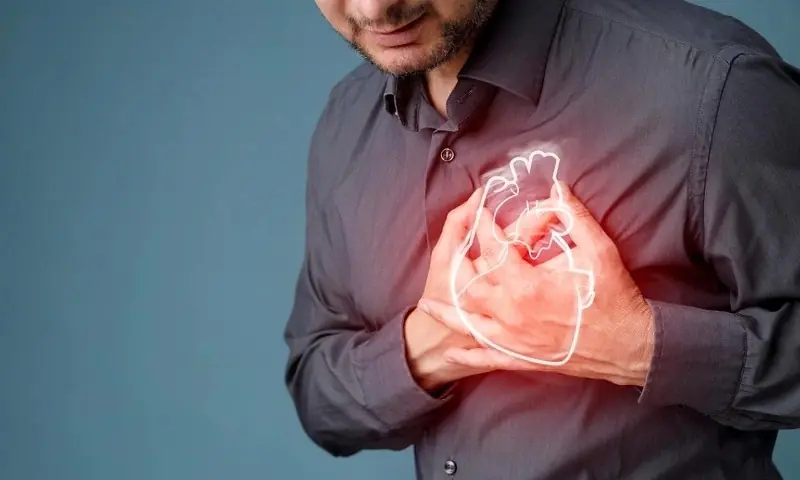
Strokes and heart attacks don’t give warnings. But this could help you fight back—before it’s too late
News Post

My Pushy Neighbor Filled in My Beloved Pond While I Was Away — But What Happened Next Proved You Should Never Mess With Grandma

My Husband Believed I Did Nothing All Day with Our Baby—Until I Left Him Alone for a Week

Entitled Woman Threw Coffee on My Waitress Mom — She Never Expected the Calculated Lesson I Taught Her
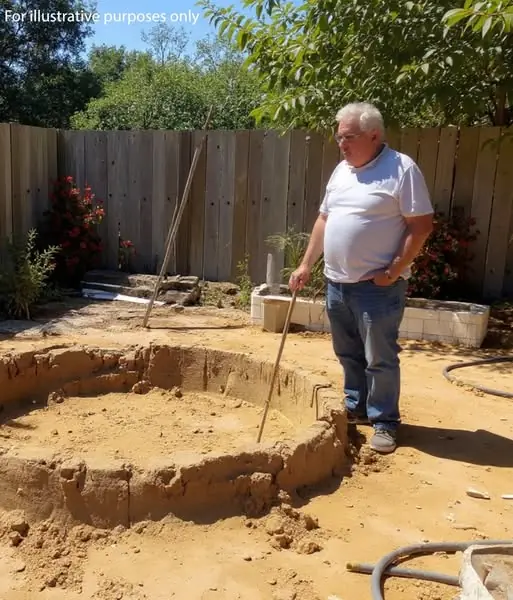
FIL Destroyed My Beloved Backyard to Dig a Pool without Asking — Karma Made Him Pay the Price in Mud and Finesse

Five Years After My Wife’s ‘Death,’ I Went to My Best Friend’s Wedding — The Bride’s Face Stopped My Heart

Irina and Grigory divorced when their daughter Anya turned two years old. Grigory simply couldn’t live with his wife.

A Stranger Kept Stealing My Parking Spot and Leaving His Number—When I Finally Learned Who He Was, My World Shattered
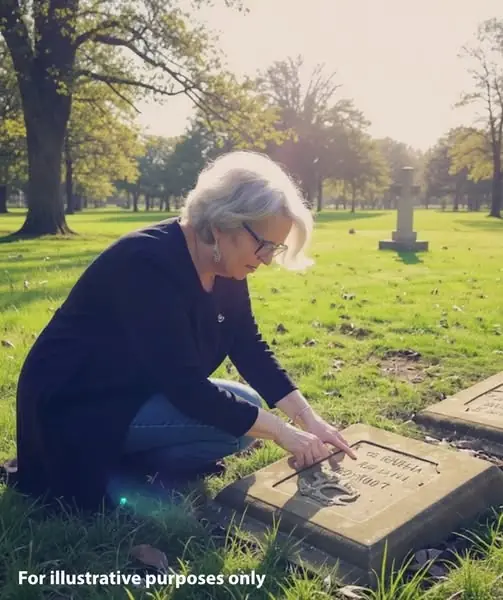
I Found My Daughter-in-Law’s Grave Beside My Son’s. I Was Utterly Shocked When I Discovered the Chilling Truth.

My Date Insisted on Paying the Bill — I Soon Realized I Should Never Have Let Him

My Mom and Sister Tried to Turn My Disneyland Trip Into Free Babysitting—But I Outsmarted Them With a Better Plan

— Find someone to look after the baby and come to the dacha, I need your help, — demanded my mother-in-law, but I refused.

The Unexpected Lesson: When a Demand Became a Plea

When the Rain Falls, He Comes: The Gentle Guardian They Call the Phantom of the Rain
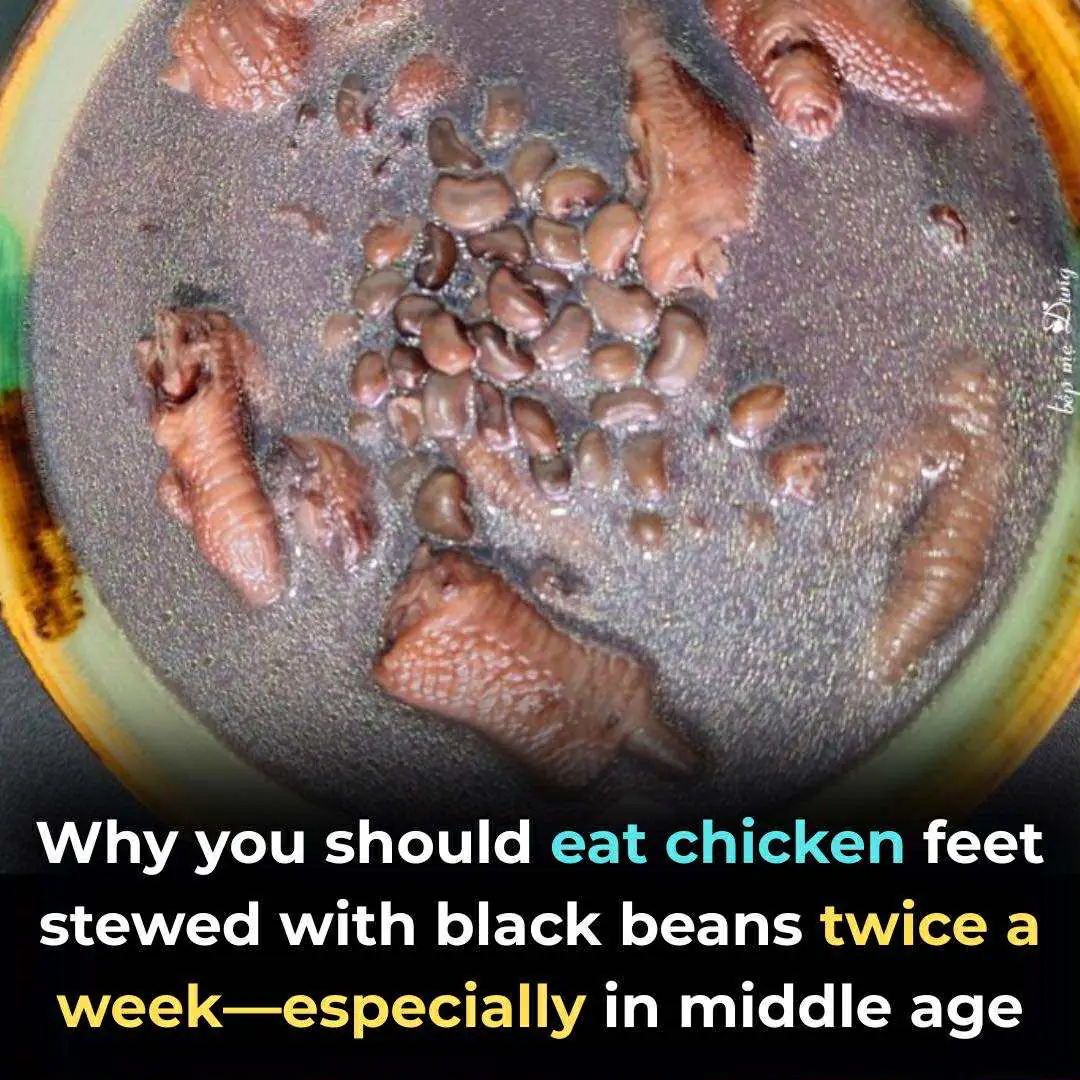
Chicken Feet Stewed with Black Beans: The “Collagen Soup” as Nutritious as Ginseng

He set up his wife and put her behind bars, but she was smarter.

Your mother will be sent to a nursing home, and mine will come to live with us,” declared her husband.
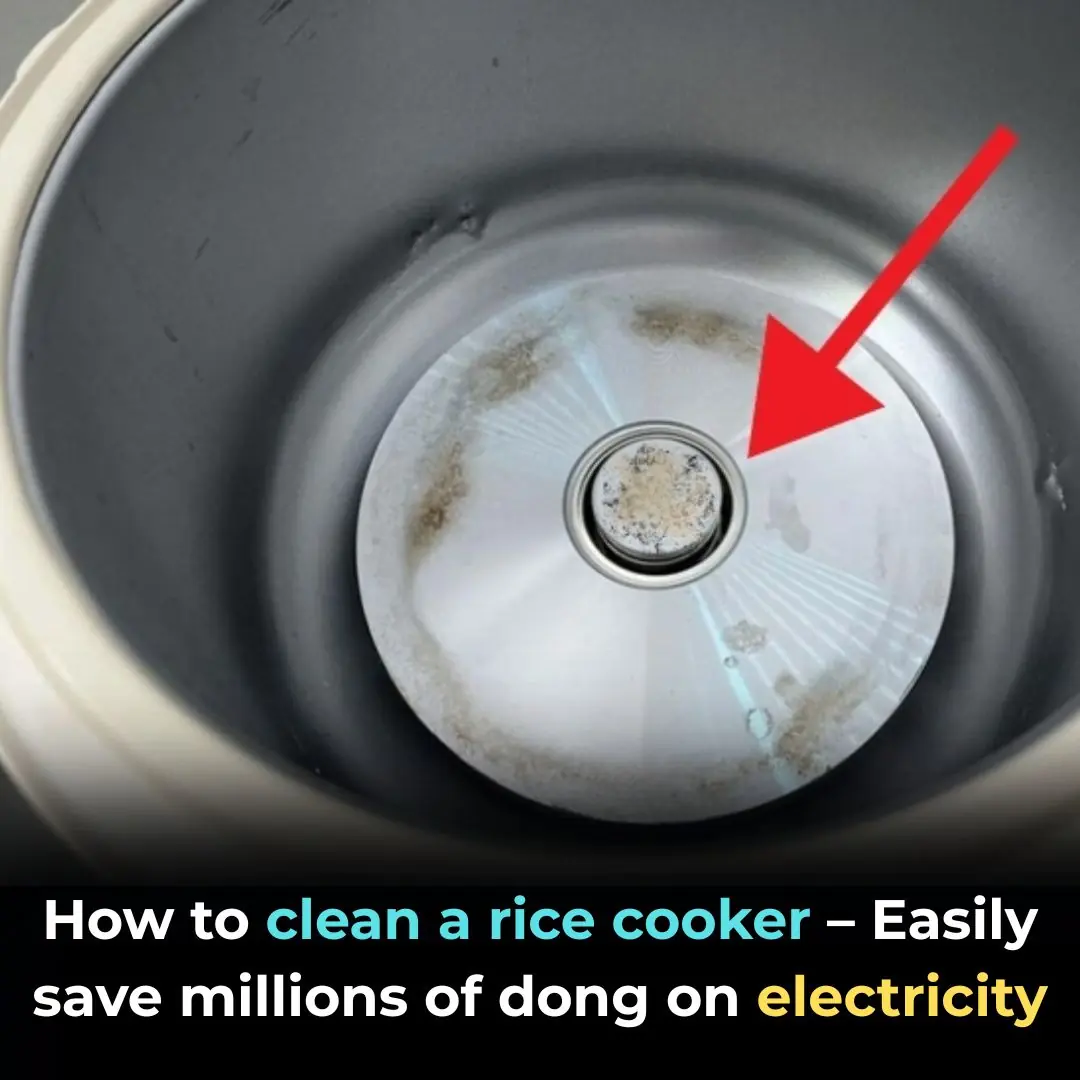
Save Hundreds on Electricity Bills Every Year by Cleaning This Hidden Part of Your Rice Cooker
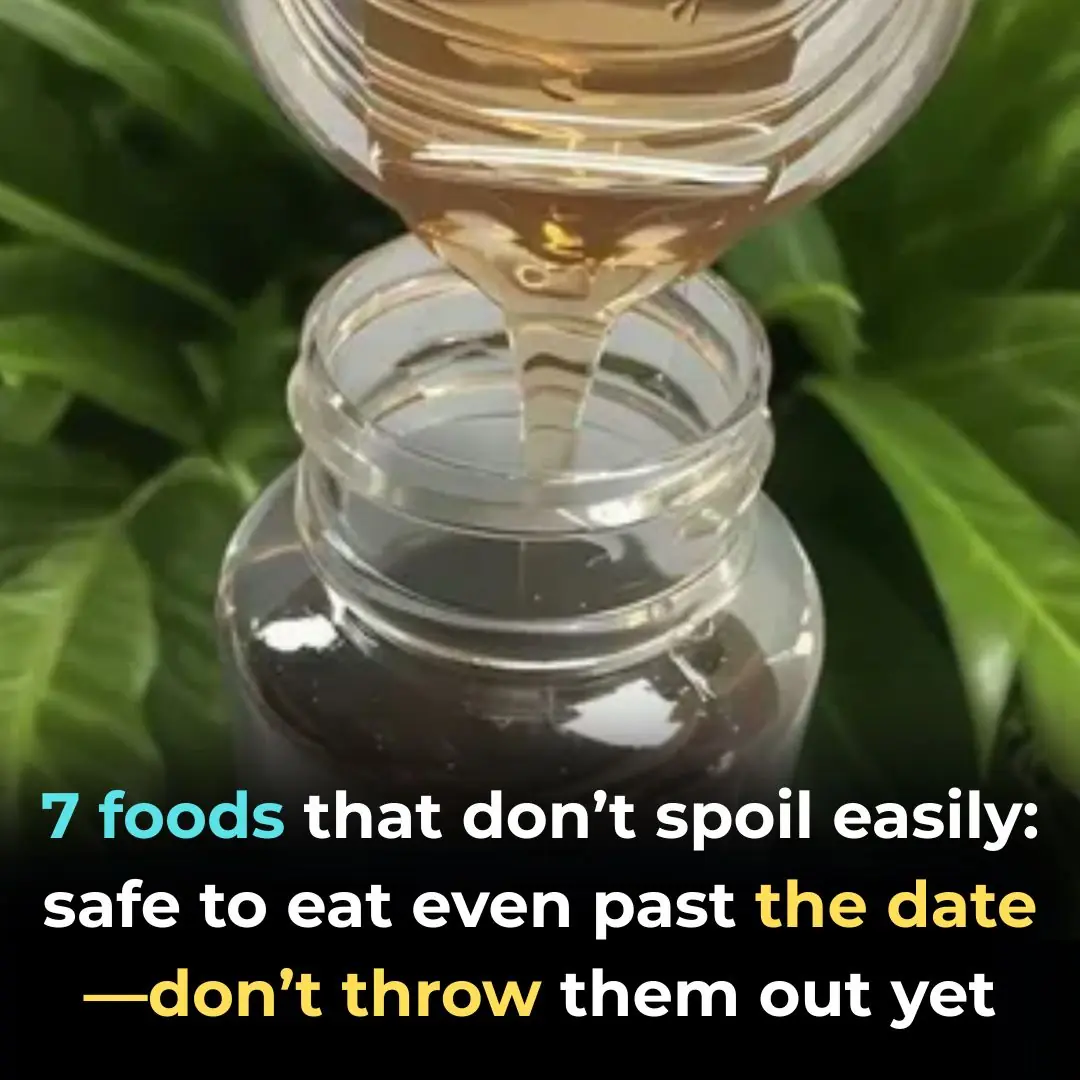
7 Foods That Can Last for Years — Even “Past Expiration” Dates

The doctor became a dishwasher after the divorce, but one decision in a tavern changed her fate forever
